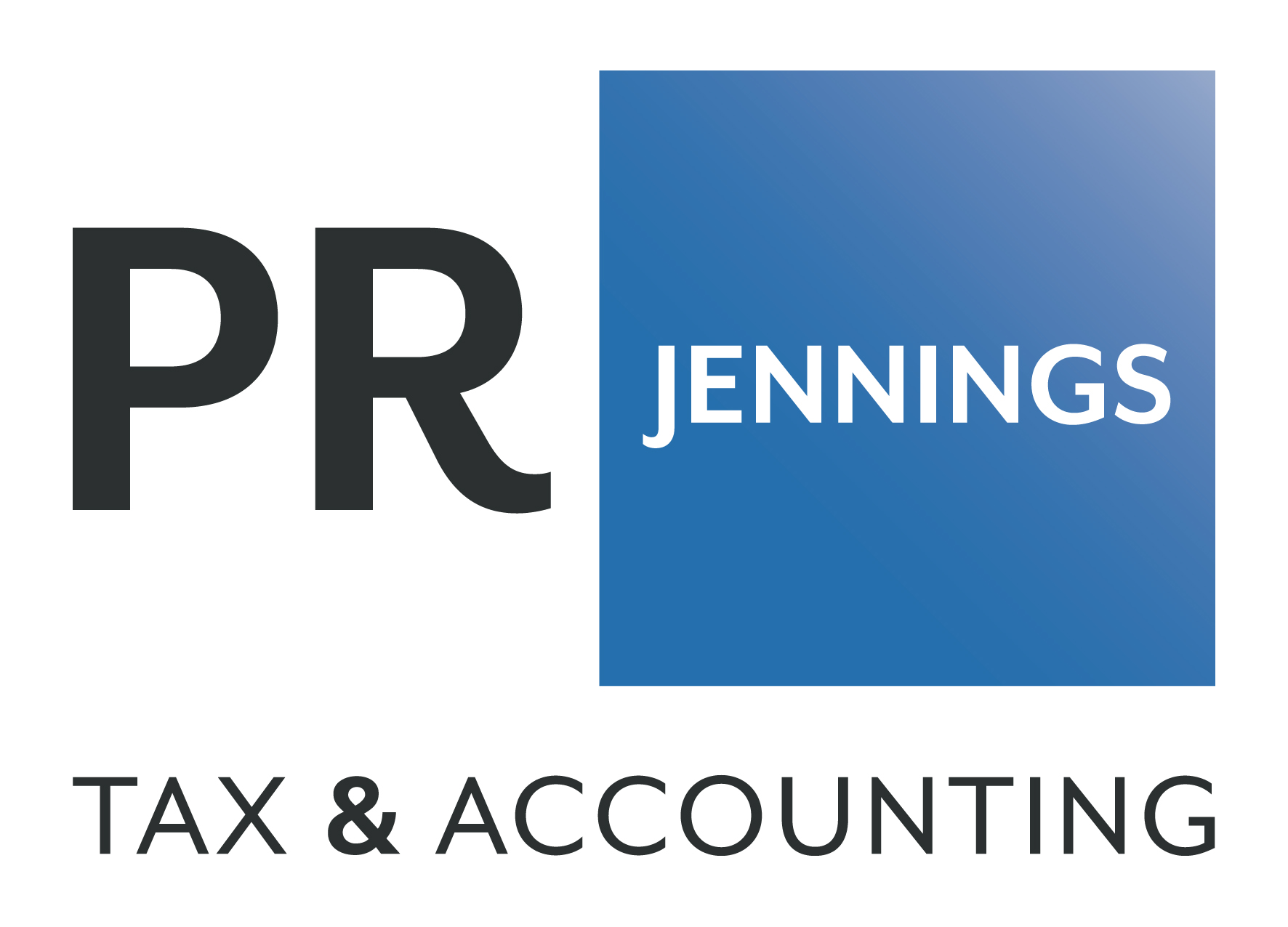How to reduce your income tax bill using superannuation
How to reduce your income tax bill using superannuation
Did you know you can reduce your income tax by making a large personal tax-deductible contribution from your take-home pay to your super? This strategy may be particularly useful if you will be earning more income this financial year or if you have sold an asset this year and made a large capital gain.
What is a personal deductible contribution?
A personal deductible contribution is a type of concessional contribution that you make with your own money and claim as a personal tax deduction in your tax return, subject to meeting certain eligibility criteria (see other article on personal deductible contributions).
Other types of concessional contributions include superannuation guarantee (SG) contributions from your employer and amounts you salary sacrifice to superannuation.
The cap on concessional contributions is currently $27,500 per year in 2023/24. However certain individuals may be eligible to use the “catch-up” concessional contribution rules to make a larger contribution.
What are catch-up concessional contributions?
You can carry forward any unused concessional contribution cap amounts that have accrued since 2018/19 for up to five financial years and use them to make concessional contributions in excess of the annual concessional contribution cap.
You can make a concessional contribution using the unused carry forward amounts provided your total superannuation balance at the end of the previous financial year (ie, 30 June 2023) is below $500,000.
Once you start to use some of your unused cap amounts, the rules operate on a first-in first-out basis. That is, any unused cap amounts are applied to increase your concessional contribution cap in order from the earliest year to the most recent year. So, when you use some of your unused cap from prior years (by making additional superannuation contributions), the unused cap from the earliest of the five-year period is used first.
And remember, if you don't use your accrued carry forward amounts after five years, your unused cap amounts will expire. So it’s best to use it before you lose it!
Carry forward contributions may provide strategic opportunities to make larger personal deductible contributions in financial years where you may have a higher level of taxable income, for example, due to assessable capital gains.
Example – reducing income tax
Joe earns $90,000 and only receives SG contributions from his employer (ie, 9.5% for 2018/19 – 2020/21, 10% in 2021/22, 10.5% in 2022/23 and 11% in 2023/24).
He sold some shares in 2023/24 realising a net (discounted) capital gain of $30,000.
After factoring in his SG contributions, Joe’s cumulative unused concessional contribution (CC) cap amount in 2023/24 is $103,500.
This can be seen as follows:
|
|
2018/19 |
2019/20 |
2020/21 |
2021/22 |
2022/23 |
2023/24 |
|
CC cap |
$25,000 |
$25,000 |
$25,000 |
$27,500 |
$27,500 |
$27,500 |
|
CCs made / received (SG only) |
$8,550 |
$8,550 |
$8,550 |
$9,000 |
$9,450 |
$9,900 |
|
Unused CC cap |
$16,450 |
$16,450 |
$16,450 |
$18,500 |
$18,050 |
$17,600 |
|
Unused CC cap amount used |
N/A |
N/A |
N/A |
N/A |
N/A |
N/A |
|
Cumulative unused CC cap amount remaining at year end |
$16,450 |
$32,900 |
$49,350 |
$67,850 |
$85,900 |
$103,500 |
Having an unused concessional contribution cap amount of $103,500 will allow Joe to make a personal deductible contribution of $30,000 to fully offset the amount of the capital gain and still remain well within his concessional contribution cap.
As a result, by contributing $30,000 as a personal deductible contribution, Joe will have boosted his superannuation while also saving $5,850 in tax being the difference between the tax payable on the capital gain of $10,350 (ie, $30,000 x 34.5% marginal tax rate) and 15% contributions tax of $4,500 ($30,000 x 15%).
Seek advice
It’s important to seek advice before you make any superannuation contribution. Getting it wrong could mean a loss of all or part of your deduction and may also cause you to exceed the contribution caps which can lead to paying excess contributions tax.
PR Jennings Pty Ltd – Accountants Mornington - Ph 5975 5183
Disclaimer: All information provided in this article is of a general nature only and is not personal financial or investment advice. Also, changes in legislation may occur frequently. We recommend that our formal advice be obtained before acting on the basis of this information.
Please note we at PR Jennings Pty Ltd are not licensed to provide financial product advice under the Corporations Act 2001 (Cth)and taxation is only one of the matters that must be considered when making a decision on a financial product, including on whether to make superannuation contributions. You should consider taking advice from the holder of an Australian financial services licence before making a decision on a financial product.
